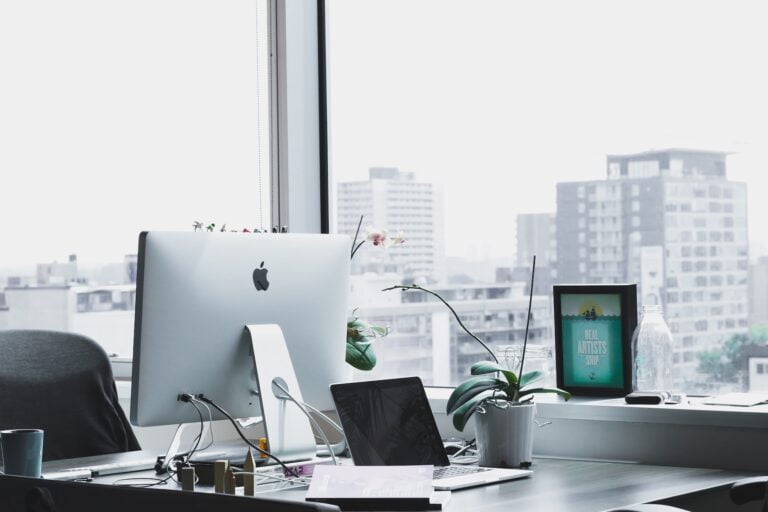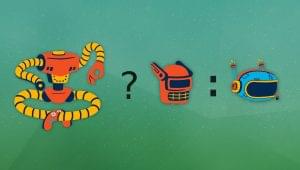You can inspire your remote designers by providing the tools they need to accomplish their jobs, cultivating a culture of trust, adopting a development mentality, and maintaining open lines of communication. These are the essential tactics for keeping your remote staff motivated.
When you work remotely, you don’t have to go to the workplace each day to complete your tasks. It’s quickly becoming the favored alternative for businesses all around the world. According to an Owl labs survey, 16 percent of firms are totally remote, worldwide. According to the same research, 62% of employees ages 22 to 65 report they work remotely at least periodically.
This is a challenging task, and the design industry may face additional challenges. Design is a tangible, collaborative process that is difficult to manage remotely. Leaders must be able to lead their teams successfully from afar. Given the geographical distance, here are some ideas on how to develop the key qualities of strong teamwork in your design team.
Make Sure Your Team Has the Right Tools
Table of Contents
A team with insufficient resources will be unable to complete and submit their job on time. The lack of important tools also causes the designer’s productivity to be disrupted. When a person works remotely and does not have a connection with the IT staff, communication difficulties become even more serious.
You’re surely already using a variety of digital sharing tools, but if you’re not, now is the time. There are several tools available that can save time and minimize the number of document versions. You can screen-share files, images, and documents with the right equipment. You may also examine and edit designs in real-time, ensuring that your team understands what you’re expecting.
To perform their jobs successfully, remote designers require email, a strong internet service, time and attendance tools, unified communication tools, collaboration and project management tools, a direct chat platform, and a method to exchange and download files.
Create a common set of remote working gear. Learn about their opinions, particularly if they’re already experienced with the design tools, applications, and equipment. To minimize difficult challenges, it’s preferable to choose something that employees are already comfortable with.
/*div{padding-right:0!important;padding-bottom:10px}.ml-form-formContent.horozintalForm .ml-button-horizontal{width:100%!important}.ml-form-formContent.horozintalForm .ml-button-horizontal.labelsOn{padding-top:0!important}}
/*]]>*/
/**/
![]()
![]()
Put an effort into building trust
Bonding with teammates may aid in the development of trust, which results in increased productivity and motivation. This is especially essential for teams who used to work side by side in an office but now must discover new ways to keep connected despite being separated by thousands of miles. One thing is certain: establishing personal interactions over the screen requires time and effort.
Encourage your staff to form bonds with one another to enhance team trust. By encouraging your staff to hang out, speak, and have informal discussions, you may help them form relationships. Also, allow them to take charge of the task they’ve been given and improve their time management abilities.
Assign tasks to people who are the best match for the job
Not all designers have the same approach and skill set. Some designers focus on advertisements, while others excel in animation or illustrations. Two graphic designers with identical backgrounds and experiences may have drastically different skills, interests, and talents. Some like conceptual ideas and some of them like spectacular aesthetics.
Knowing the individuals that collaborate with you and dividing tasks based on those facts is an important part of managing your team of designers successfully. As much as you can, distribute assignments to people who are the best match for the job. Some jobs must be completed regardless of whether they are fun or not, but too much menial work causes people to lose interest in their work.
Provide Feedback
Constructive feedback is essential for keeping your staff driven since it helps connect goals with results while also demonstrating that you care about their job. Try to give positive feedback when possible. Getting positive comments on their performance will make a remote designer feel more engaged.
Avoid making proposals about how to resolve the issues. Rely on their experience. Explain what you don’t like as clearly as possible, and give them time to change it in a way that fits with the current design. You may wind up with a terrible design and an outcome that you dislike too if you make specific adjustments that substantially affect the design.






